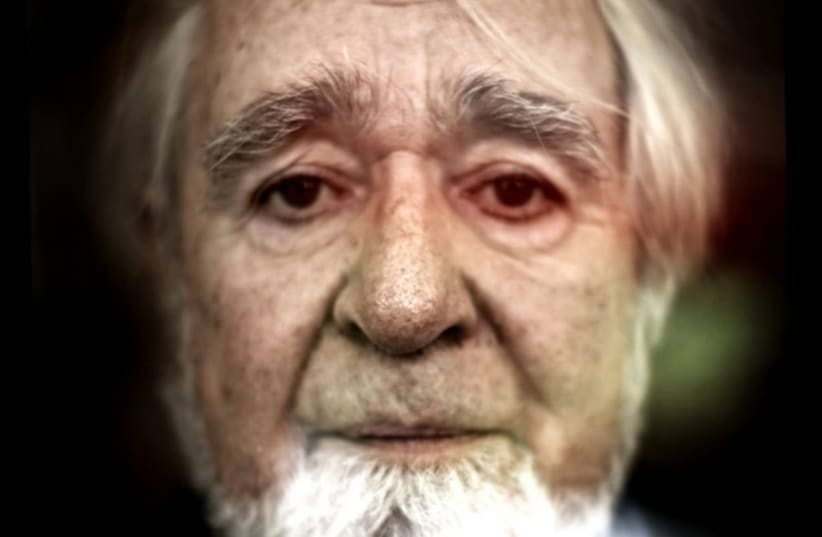He also courted controversy for his political views by voicing support for the flotilla that had unsuccessfully sought to break through Israel’s blockade of the Gaza Strip in 2014 and concurring with Palestinian Authority President Mahmoud Abbas, who had described Operation Protective Edge as “genocide.” He also wished Abbas luck in his various appeals against Israel to the International Court of Justice.
Zach was frequently critical of government policies, often in the most scathing of terminology.
Perhaps the very fact that he was not ostracized for his views and continued to win prizes and wield extraordinary influence on modern Hebrew poetry, testified more than anything else to Israel’s democratic nature.
After graduating in philosophy and science from the Hebrew University of Jerusalem, Zach spent 10 years in England, returning home with a PhD from the University of Essex. He later taught at Tel Aviv University and the University of Haifa.
Because he could always be trusted to say something outrageous, Zach was a cultural icon who was in great demand for interviews, although he did not readily acquiesce.
Highly opinionated, modesty was not his strong suit and he held himself in such esteem that in one of his last interviews, he asked that his future grave be wider than the norm so that all his books could be buried with him.
Many of Zach’s poems were set to music, a factor that he initially found disturbing, as if someone had intruded on the rhythm of his verse. But he later realized that, in having poems turned into songs, he was reaching a wider public, and eventually was not only reconciled to the idea but also derived pleasure from it.
One of his best-known songs, “Because Man is the Tree of the Field,” is strongly identified with singer Nurit Galron, who looked on Zach as a father figure, and included several of his poems in her repertoire of songs. She also recorded an album that was totally Natan Zach.
Zach moved with his family from Berlin to Haifa in 1936, while he was still a child. During the War of Independence, he served in an intelligence unit.
A prolific writer, Zach published his first book of poems in 1955. Over the years he published more than two dozen books, some of which were translated into other languages.
In recent years, he fell victim to Alzheimer’s disease.
Sarah Avital, who he married in 2014, placed him in a nursing home In Ramat Efal, distanced him from his literary cronies and not allowing them to visit him – not even those who had been among his closest friends.
President Reuven Rivlin eulogized him as “wild, rebellious, a burning fire, but also the alchemist of the most slender connections in the universe between man and tree and man and man.” Rivlin also quoted from another of Zach’s most popular poems that became songs: “We are all of us in need of grace.”
Culture and Sports Minister Chili Tropper said that Zach’s influence on Hebrew poetry would be felt for generations.
News of Zach’s passing was published in several overseas newspapers – an indication of his stature as an internationally acclaimed poet.
